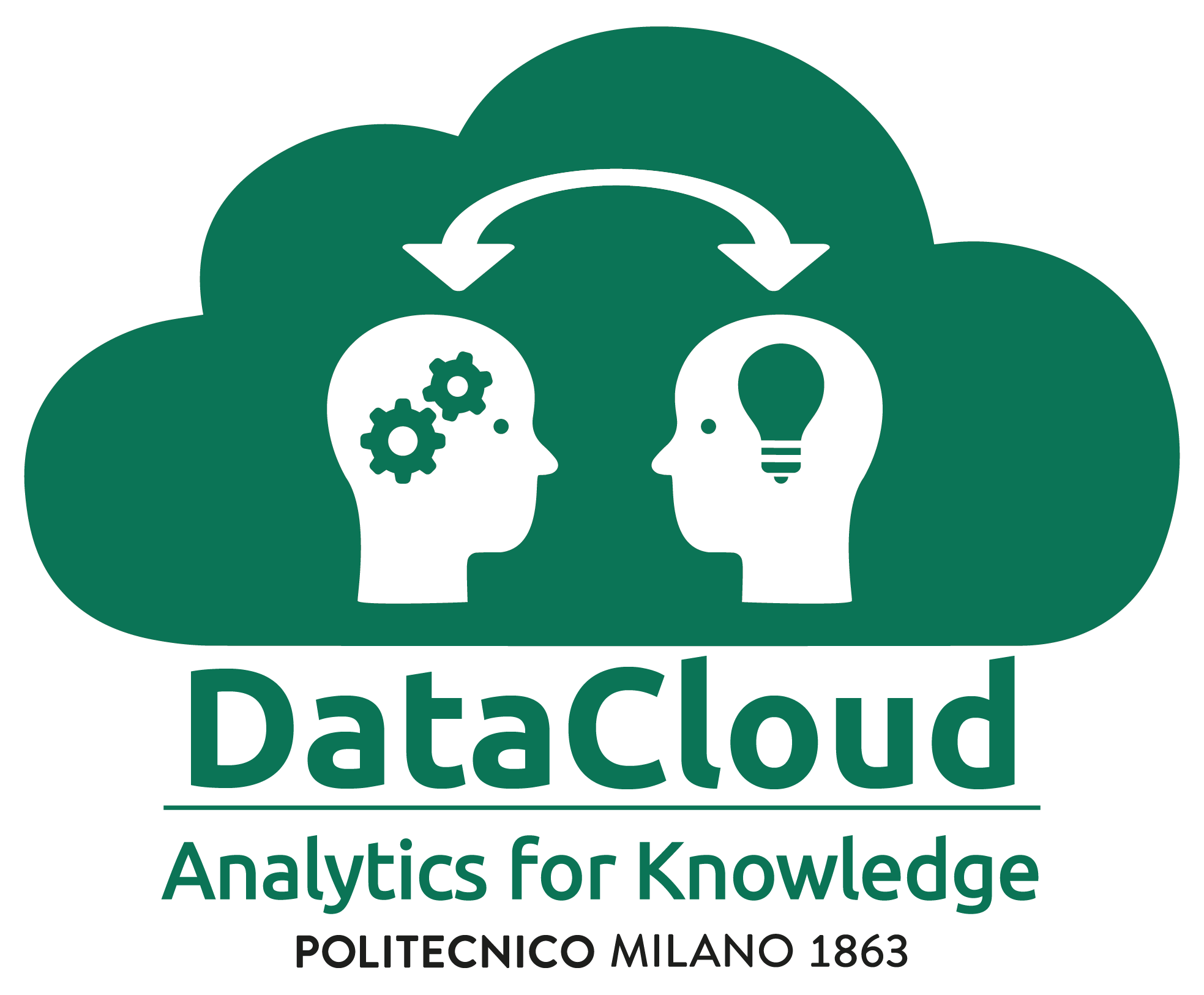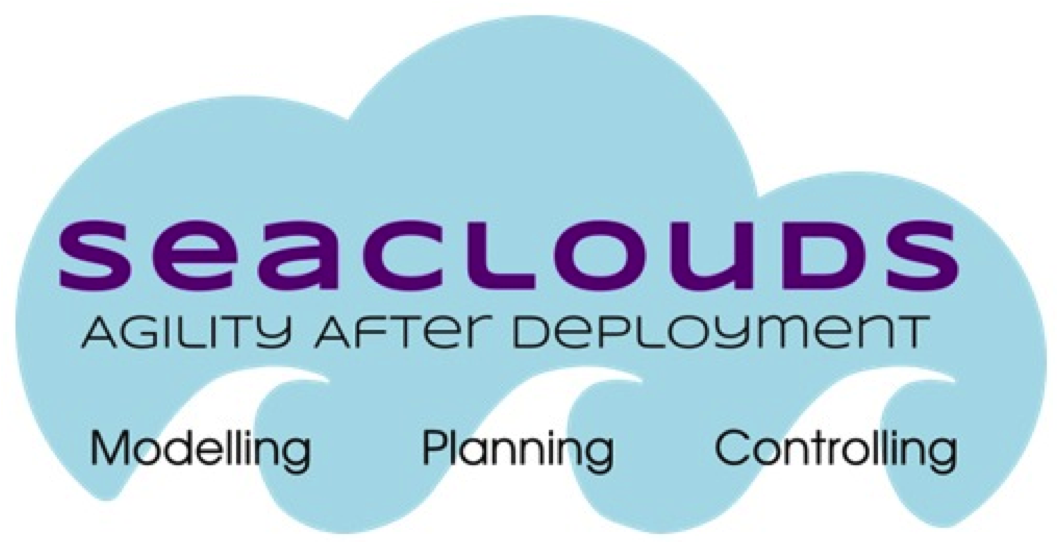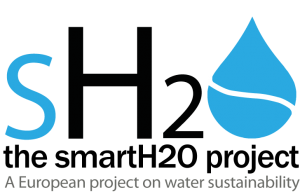PoliCloud provides the required computing platforms that support current and future research projects. This page lists some of these projects.
CUbRIK
 The CUbRIK project is a large-scale Integrating Project partially funded by the European Commission’s 7th Framework Programme for Research and Technological Development. CUbRIK has four objectives: 1)advance SoTA in multimedia search especially in the areas of massive content processing, query processing and relevance feedback. 2) Putting humans in the loop, by empowering multimedia search with an innovative networked human computation framework that combines user behavior analysis, crowdsourcing, social network and trust analysis and gaming with a purpose. 3) Opening the search box by enabling component-based development of tailor-made multimedia search applications. 4) Starting-up a multimedia search business ecosystem.
The CUbRIK project is a large-scale Integrating Project partially funded by the European Commission’s 7th Framework Programme for Research and Technological Development. CUbRIK has four objectives: 1)advance SoTA in multimedia search especially in the areas of massive content processing, query processing and relevance feedback. 2) Putting humans in the loop, by empowering multimedia search with an innovative networked human computation framework that combines user behavior analysis, crowdsourcing, social network and trust analysis and gaming with a purpose. 3) Opening the search box by enabling component-based development of tailor-made multimedia search applications. 4) Starting-up a multimedia search business ecosystem.
More information on the CUBRIK Project and on the related people, events, publications, and technologies: The CUBRIK Project Home
FACE (Formal Avenue for Chasing malwarE)
FACE is a 3-years research project funded by the Italian Ministry of Education and Research (MIUR) that focuses on modeling and detecting static and dynamic malware features toward designing robust detection methods. FACE is co-led by Università degli Studi di Verona (Prof. M. Dalla Preda) and Politecnico di Milano (Prof. F. Maggi). FACE is motivated by the observation that today’s security threats are characterized by effective dissemination mechanisms, malicious mobile apps, and targeted attacks. The large amount of malware samples are often mutations and porting of known families (also to mobile platforms). Malicious mobile apps are difficult to analyze because they do not show their full malicious behavior if not properly stimulated. Modern malware attempts to evade both dynamic and static approaches, with anti-debugging, obfuscation and metamorphism techniques. FACE leverages formal approaches for modeling 1) the common malicious behaviors and 2) the execution environment (e.g., target system, sandbox), so to account for environment-sensitive malware. Throughout our approach we consider also naming inconsistencies. The novelty of FACE consists in the 1) malware-environment analysis, which requires new theoretical studies for lifting the noninterference theory high order, 2) application of abstract-interpretation and semantics-based approaches to metamorphic malware modeling, and 3) new techniques to trigger the malicious behavior of mobile apps. The large amount of malicious software samples and the data-mining methods used to classify them require flexible and scalable computing architectures. These requirements are satisfied by the PoliCloud project, from which FACE will benefit significantly.
MODAClouds
MODAClouds is an Integrated Project coordinated by us and partially Funded by the European Commission Grant no. FP7-ICT-2011-8-318484.
The main goal of MODAClouds is to provide methods, a decision support system, an open source IDE and run-time environment for the high-level design, early prototyping, semi-automatic code generation, and automatic deployment of applications on multi-Clouds with guaranteed QoS. Model-driven development combined with novel model-driven risk analysis and quality prediction will enable developers to specify Cloud-provider independent models enriched with quality parameters, implement these, perform quality prediction, monitor applications at run-time and optimize them based on the feedback, thus filling the gap between design and run-time. Additionally, MODAClouds provides techniques for data mapping and synchronization among multiple Clouds. MODAClouds innovations are:
- simplify Cloud provider selection favoring the emergence of European Clouds,
- avoid vendor lock-in problems supporting the development of Cloud enabled Future Internet applications,
- provide quality assurance during the application life-cycle and support migration from Cloud to Cloud when needed.
SeaClouds
SeaClouds is a project partially funded by the European Commission Grant no. FP7-ICT-2012-10-610531. it takes care of various aspects of the cloud development life-cycle, such an open, generic and interoperable foundation to orchestrate parts of cloud-based applications. SeaClouds performs a seamless adaptive multi-cloud management of service-based applications, by developing Cloud Service Orchestrators and a set of tools to manage complex applications, thus avoiding the problem of Cloud lock-in. This will be achieved by supporting the migration, replication, and distribution of modules that compose cloud-based applications over multiple and technologically diverse Clouds offerings, by using a unified management API and universal metrics for monitoring and verifying functional and non-functional properties.
The results delivered by SeaClouds will be compatible with the current standards related to cloud interoperability, OASIS
SmartH20
SmartH2O builds an ICT platform to apply social computing, multimodal data analysis and demand forecast, and flexible pricing to improve residential water consumption.
The Project will proactively engage citizens by means of cooperative awareness tools, such as water consumption profiling and feedback, persuasive games for behavior change, and computer-supported community work. Results will be deployed in two challenging use cases, in London (UK) and Locarno (CH), potentially reaching millions of users



